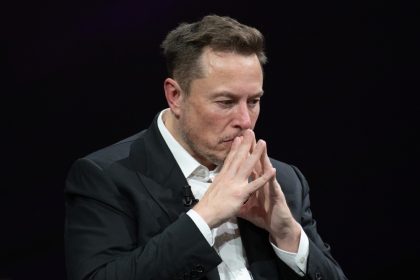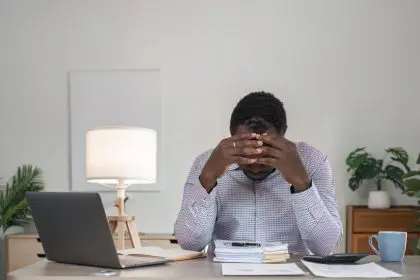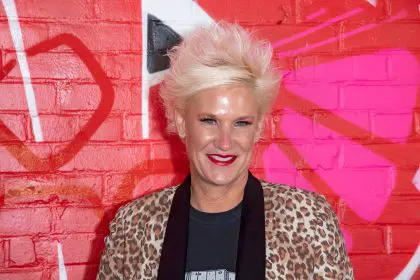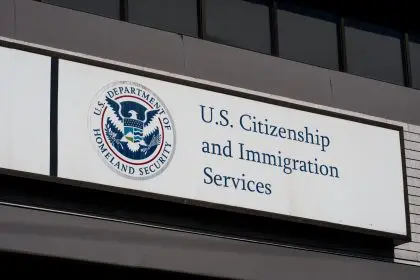 “I keep looking over my shoulders and peaking around corners/My mind is playing tricks on me.” – Gheto Boyz
“I keep looking over my shoulders and peaking around corners/My mind is playing tricks on me.” – Gheto Boyz
Poor people figuratively always have their eyes bucked out, darting from person to person, trying to analyze how this guy or that woman is going to get them, take from them, use them, step on them or harm them. Same mentality holds true for doomed companies that creak, gag and sputter into nothingness.
This is according to University of Massachusetts-Amherst economics professor Nancy Folbre. She pulls from management maven Stephen Covey, who argues that high-trust companies are more successful than others. Higher incomes, in turn, seem to carry trust to higher levels.
“We seem to feel less trusting every day. A survey released at a recent World Economic Forum indicated that trust in both business and government had declined more steeply in the United States than in other countries as a result of the recent financial crisis. Have sharp increases in inequality in the United States since the 1960s made us more cynical and suspicious?” wrote Folbre in the New York Times.
Our national fiscal health erodes in direct correlation to our distrust in each other and our government, these economic connoisseurs argue.
“Trust in other people greases the wheels of economic development. But as a recent Economix post by Catherine Rampell reports, cross-country surveys show that income inequality is negatively related to trust. Largely as a result, the average level of trust is significantly lower in the United States than in more egalitarian countries, particularly those of Scandinavia,” wrote Folbre.
Another economic savant, Economix blogger Ed Glaeser, took the research to another level. He tells of a working paper by Shaun Heap, Jonathan Tan and Daniel Zizzo. They reported results of a “trust game” in “which players can transfer resources to other players in the hope that additional resources will be transferred back to them. They found that inequality among players had a corrosive effect on trusting behaviors, particularly when players had specific knowledge of one another’s endowments,” wrote Folbre.
They cite the possibility that disparities in income, including those based on race, ethnicity, gender, age and class, might negatively impact the tendency of individuals to identify with one another and therefore trust each other. Greater variation simply leads to less familiarity. By this account, rich people would be as unlikely to trust the poor as vice versa.
“This increased inequality will further increase cynicism and mistrust in America, making it even more difficult for us to collaborate effectively with one another. You don’t have to trust me. Just wait and see,” Folbre warns.
–terry shropshire
















